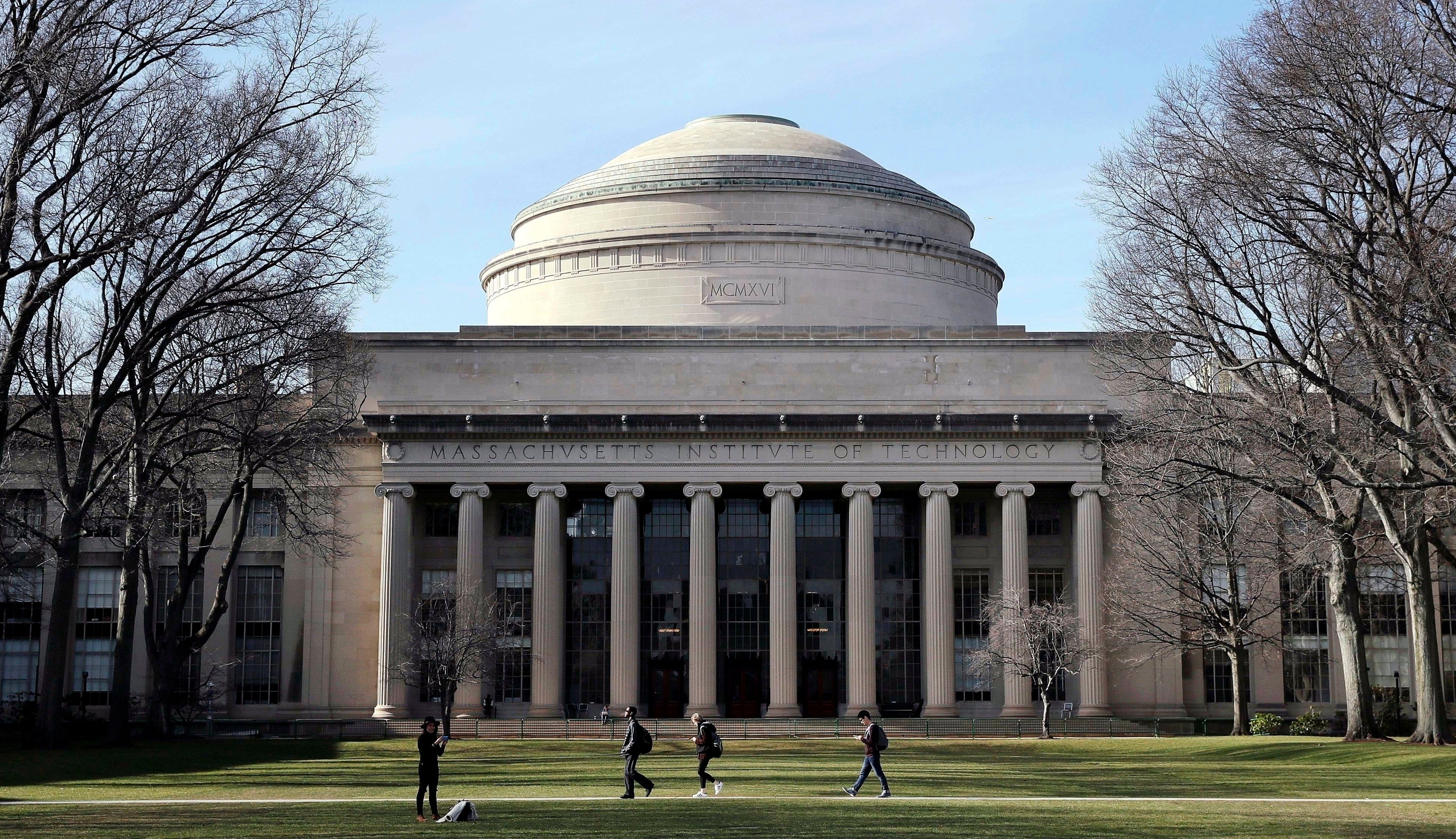US drops case against MIT professor accused of ties to China
The Justice Department has dropped its case against a Massachusetts Institute of Technology professor charged last year with hiding work he did for the Chinese government

Your support helps us to tell the story
From reproductive rights to climate change to Big Tech, The Independent is on the ground when the story is developing. Whether it's investigating the financials of Elon Musk's pro-Trump PAC or producing our latest documentary, 'The A Word', which shines a light on the American women fighting for reproductive rights, we know how important it is to parse out the facts from the messaging.
At such a critical moment in US history, we need reporters on the ground. Your donation allows us to keep sending journalists to speak to both sides of the story.
The Independent is trusted by Americans across the entire political spectrum. And unlike many other quality news outlets, we choose not to lock Americans out of our reporting and analysis with paywalls. We believe quality journalism should be available to everyone, paid for by those who can afford it.
Your support makes all the difference.The Justice Department dropped its case Thursday against a Massachusetts Institute of Technology professor charged last year with concealing research ties to the Chinese government, saying it could “no longer meet its burden of proof at trial.”
The department revealed its decision in the case against Gang Chen in a single-page filing in federal court in Boston
U.S. Attorney Rachael Rollins, the top federal prosecutor in Massachusetts, said the move was “in the interests of justice” and was the result of new information the government had received about the allegations.
“After a careful assessment of this new information in the context of all the evidence, our office has concluded that we can no longer meet our burden of proof at trial,” Rollins said. “As prosecutors, we have an obligation in every matter we pursue to continually examine the facts while being open to receiving and uncovering new information.”
The outcome, which had been expected and had been earlier recommended by prosecutors in Boston, is a further setback to the Justice Department's pursuit of academics in the U.S. accused of concealing research relationships with China.
The move comes as the department completes a review of the China Initiative, an effort it launched during the Trump administration to crack down on Chinese economic espionage and trade secret theft but one critics say has unduly targeted researchers based on ethnicity.
Chen was accused last year of concealing ties to Beijing while also collecting U.S. dollars for his nanotechnology research. Prosecutors accused him at the time of entering into undisclosed contracts and appointments with Chinese entities, including acting as an “overseas expert” for the Chinese government at the request of the People’s Republic of China Consulate Office in New York.
Many of those roles were “expressly intended to further the PRC’s scientific and technological goals,” authorities said in court documents.
The case began to wobble as the government received new information, including from an Energy Department official, a person familiar with the matter said last week.
Chen's lawyers have consistently said he did nothing wrong.
In a statement Thursday, defense attorney Robert Fisher called the case a “wayward prosecution” and said his client was eager to return to work.
“Our defense was this: Gang did not commit any of the offenses he was charged with. Full stop. He was never in a talent program. He was never an overseas scientist for Beijing. He disclosed everything he was supposed to disclose and he never lied to the government or anyone else,” Fisher said in a statement.
Despite a conviction last month of a Harvard University professor on charges that he hid his ties to a Chinese-run recruitment program, other high-profile cases brought as part of the China Initiative have faltered.
A federal judge in September, for instance, threw out all charges against a University of Tennessee professor accused of hiding his relationship with a Chinese university while receiving research grants from NASA, and the university has since offered to reinstate him.
____
Follow Eric Tucker on Twitter at http://www.twitter.com/etuckerAP